I am not using any programming language in particular, rather this is a University regular language assignment I have to do.
To explain what I have to do is basically make an:
- infinite language
- Words must contain any number a's and b's, so no single character words
- words are palindromes to themselves so for example words I should get are
"aabbaa","abba", "abbbba", "ababbaabbaba", "bbbaabbb"
How would I approach making this regular expression?

